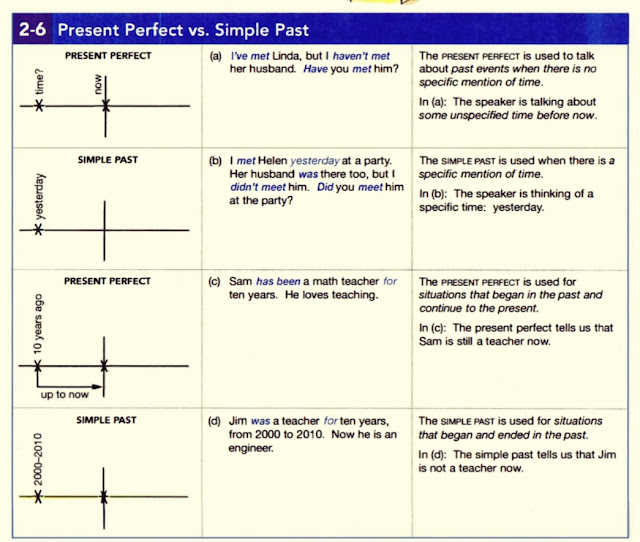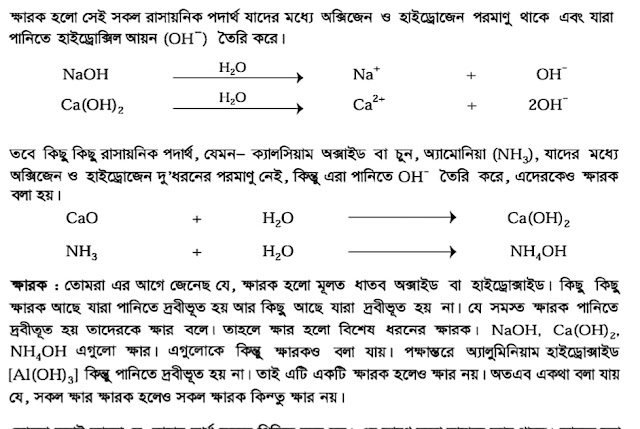Literary Devices:Classic |Literary Terms
Literary Devices:Classic |Literary Terms
Classic
A work of literature which has stood the test of time for its timeless qualities. A classic engages such human qualities which appeal to the people of all ages,all countries and all races.
The classics mean all the never -drying art and literature of ancient Greece and Rome. The classics are never-dying because they appeal to us,more or less,in the way they appealed to the ancient Greeks and Romans.
Modern classics are those modern literary works which,ever since their appearance,have never lost their appeal to the readers of all
Countries.
Countries.
The word classical refers to greek and Roman literature or any work of art and literature that possess the qualities of Greek and Roman literature.
Examples of Ancient Classics
Sophocles,Antigone,Oedipus Rex and Oedipus at Colonus;Euripides,Medea and Hippolytus;Aristophanes,Wasps and Frogs,Seneca's Thyestes,Phaedra and Medea;Ovid's Metamorphoses,Homer's IIiad and Odyssey,Virgil's Aeneid and many other ancient texts are Greek and Roman classics.
The exmples of modern classics are many. Here are a few:
●Shakespeare's great comedies and tragedies
●Samuel Beckett's Waiting for Godot
●Earnest Hemingway's Old Man and the Sea
●William Golding's Lord of the Files
●George Orwell's Animal Farm



Comments
Post a Comment